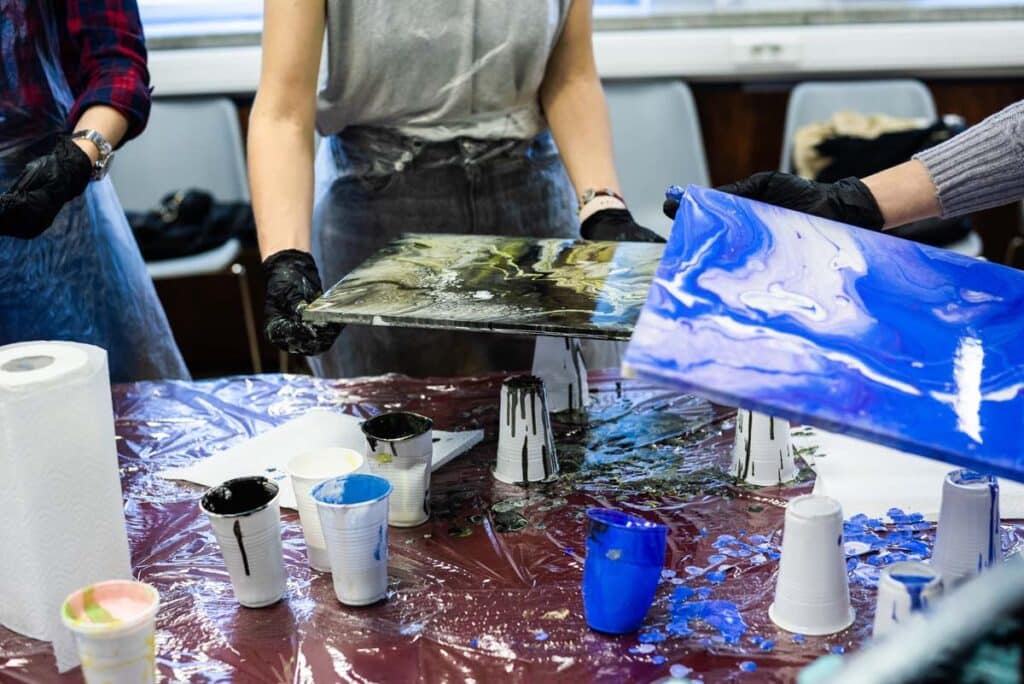When you imagine Addiction therapy, you generally think of counseling, group sessions, individual sessions, and certain medications. However, the world has changed, and nowadays, there are many other forms of non-traditional addiction therapy that can prove very beneficial to certain people. Non-traditional forms of addiction therapy include yoga, hypnosis, acupuncture, massage, surf therapy, psychodrama, and many more. These types of treatments are designed to work alongside traditional forms of therapy and provide recovering addicts with stress relief, making the withdrawal and habit-breaking process easier. By focusing on well-being measures, it is thought that a person will develop a better sense of self and lose the desire for destructive behaviors. At Louisville Addiction Center, we believe that these therapies, when combined with traditional therapies, can build up the confidence levels of our patients and enhance their communication skills. So let’s have a deeper look at some non-traditional addiction treatment therapies:
1. Yoga

Yoga is the name given to certain practices such as breathing techniques, physical postures, and meditation. It is an ancient practice that originated in India and has recently soared in popularity in many western countries. Yoga is a great healing practice and can enhance a person’s mental well-being. By using it in the recovery of addicts, a physician can provide them with some long last mental health practices and benefits. Yoga relieves stress, which is an essential way to help a recovering addict by making the process easier. It can also help a person develop a better balance in their life. It also helps support a patient in creating healthier life habits. It may be a treatment that is offered to our outpatients as well as our inpatients. Yoga offers a more holistic aspect to addiction recovery than the standard traditional treatment alone.
2. Art Therapy

Partaking in some kind of creative pursuit has many benefits. When someone is in the act of creating, this can be seen as a form of meditation as everything else around them fades away and is meaningless for a while. This can help an addict forget about their worries for a while. Art allows someone to express themselves in any way they see fit. It is a way to communicate without having to talk or divulge some very intense and personal feelings, and sometimes by getting the darkness, or whatever it is out, it is therapeutical in nature. The artistic ability of the addict does not matter. What matters is the mode of expression and how they use it as a communication medium. Art therapy can be very relaxing and can offer an addict an alternative perspective on their life, and develop a new focus.
3. Meditation

Meditation can offer our patients many benefits. It reduces stress, it allows them to develop a new focus, and it enables them to stop worrying and being anxious all the time. Meditation is where a person develops the ability to be completely present in the now. It is a way of quieting down the mind and removing all the chatter, that internal monologue that never allows one to enjoy the current moment. By training the mind to be still, you are able to concentrate on the current moment without judgment. This is a great way to enhance your sense of well-being. Addicts generally suffer from certain mental health conditions which have caused them to be an addict in the first place. These conditions include depression, anxiety, and PTSD. Meditation is a way of helping with these underlying conditions to prevent a reoccurrence of the addiction. This is something that can be practiced at home or by using our state-of-the-art telehealth treatment methods.
Summary
These are just three of the non-traditional treatments offered, and they are having a high level of success. When a person presents at our center with an issue, we go beyond the addiction with these methods and look to connect with the person’s inner dilemma. By discovering more about them, we can find alternative treatments that complement the traditional treatment and offer the addict the holistic approach they need to fully recover. Recovery of the mind is just as much a part of our process as the physical addition that they present with, and everyone’s mind is so different. We concentrate on relieving stress, which gives the patient relief and allows them to see that there is another way. The procedures are fun and creative in nature which resonates strongly. If this interests you, then take a look at our admissions page for more information on joining us.

